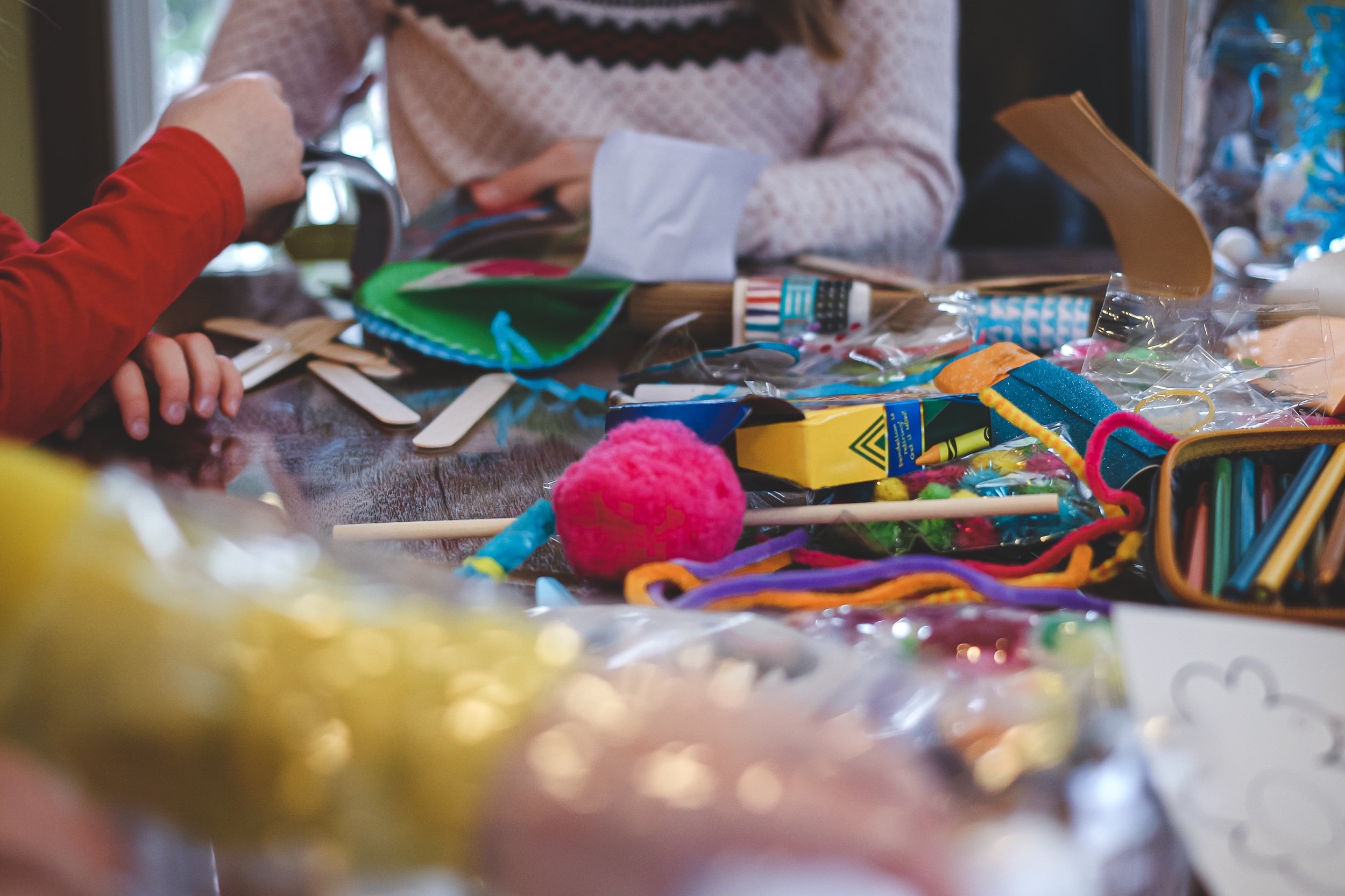The Children We Mean to Raise: The Real Messages Adults Are Sending About Values
JULY 2014
Our youth’s values appear to be awry, and the messages that we’re unintentionally sending as adults may be at the heart of the problem.
According to our national survey, a large majority of youth across a wide spectrum of races, cultures, and classes appear to value aspects of personal success—achievement and happiness—over concern for others. At the root of this problem may be a gap between what parents say are their top priorities and the real messages they convey in their behavior day to day.
When children do not prioritize caring and fairness in relation to their self-concerns—and when they view their peers as even less likely to prioritize these values—there is a lower bar for many forms of harmful behavior, including cruelty, disrespect, dishonesty, and cheating.
The good news is that we found substantial evidence that caring and fairness still count among kids—and, according to other sources, among adults.
The solution is straightforward, if we're all willing to work together.
Contact
mcc@gse.harvard.edu
“How can we close the gap between what adults say and what they actually seem to prioritize? The big challenge is not to convince parents and teachers that caring is important—it appears they already believe it is. The challenge is for adults to “walk the talk,” inspiring, motivating, and expecting caring and fairness in young people day to day, even at times when these values collide with children’s moment to moment happiness or achievement.”
Key Findings
A large majority of youth across a wide spectrum of races, cultures, and classes reported that they value aspects of personal success—achievement and happiness—over caring for others.
An even larger majority of youth reported that their peers value achievement and happiness over caring for others.
Most youth give fairness little weight in contrast to other values.
When it comes to the child-raising priorities of their parents and teachers, a majority of youth say these adults are more concerned about achievement than caring.
The “rhetoric/reality” gap between what parents and other adults say are their top priorities and what kids are hearing is profound. The power and frequency of parents’ daily messages about achievement and happiness are drowning out their messages about concern for others.
Teens’ negative perceptions of peer and adult norms can lower their own ethical standards, prompting them to cheat and setting in motion a downward spiral.
While caring and fairness are subordinated to achievement and happiness, they are still important to youth, their parents, and their teachers.
About 80% of the youth in our survey report that their parents are more concerned about achievement or happiness than caring for others. A similar percentage of youth perceive teachers as prioritizing students’ achievements over their caring.
Nearly two-thirds of youth reported that both their parents and peers would rank achievement above caring for others.
Students were three times more likely to agree than disagree with this statement on our survey: “My parents are prouder if I get good grades in my classes than if I’m a caring community member in class and school.”
About 80% of school adults viewed parents as prioritizing their children’s achievement above caring and a similar percentage viewed parents as prioritizing happiness over caring.
Sixty-two percent of teachers in our survey ranked caring as a higher priority than achievement for their students and 68% ranked caring above happiness. Yet 62% of youth in our survey perceived teachers as prioritizing “doing well academically” as their top value, while only 15% of students saw “promoting caring in students” as their teachers’ top priority.
While only 22% of youth ranked caring first on our scale, almost half of youth ranked caring second, and 45% imagined their parents would rank caring second. Similarly youth, while not ranking kindness first, ranked it high.
In choosing among six values, about two-thirds of youth put kindness in their top three. Eighty-one percent of youth also agreed that their parents clearly communicate that it’s important to be kind to other people.
While fairness appears to be subordinated to other values by many youth, we also found evidence that youth still value it to some degree: 63% put fairness in their top three of our six values.
Making Caring Common surveyed over 10,000 diverse middle school and high school students from all over the country. Read more about our findings and recommendations in the Executive Summary (PDF) or by downloading the full report (PDF).
“Many children in affluent and middle-class communities feel fierce, debilitating pressure to achieve at high levels, resulting in a range of emotional, ethical, and behavioral troubles.”
Recommendations
Children and youth need ongoing opportunities to practice caring and helpfulness, sometimes with guidance from adults.
Children and youth need to learn to zoom in, listening closely and attending to those in their immediate circle, and to zoom out, taking in the big picture and considering multiple perspectives.
Children and youth need strong moral role models.
Children need to be guided in managing destructive feelings.
Read more about our findings and recommendations in the Executive Summary (PDF) or by downloading the full report (PDF).

















